Is Dove a Cruelty-Free Brand?
The recent announcement of Dove joining PETA’s “Beauty Without Bunnies” program has caused quite a stir in the cruelty-free community. Many consumers are overjoyed at the thought of now being able to buy Dove products while others are still a bit hesitant. Truth be told, Dove is still not a cruelty-free brand. Not by most people’s definition, anyway.
Why Dove Isn’t Cruelty-Free
Dove claims to have “enacted a policy prohibiting any animal tests, anywhere in the world”, however, that’s not necessarily true. Dove sells some of their products in mainland China where animal testing is mandatory.
Chinese Animal Testing Laws
Chinese animal testing laws (for cosmetics) can be broken down into two major components: pre-market and post-market.
- Pre-market testing requires imported products to be tested on animals before they can be sold in China (unless they will ONLY be sold in Hong Kong). Products made in China can bypass pre-market testing if they use ingredients from a pre-approved list and fall under the “ordinary” cosmetics category (perfume, hair care, skincare, and nail care products).
- Post-market testing can happen if there’s a consumer safety concern with a product that’s already on the shelves. Both domestic and imported products are subject to post-market testing.
Non-Cruelty-Free Parent Company
Aside from selling their products in places where mandatory animal testing is enforced, there’s another issue that keeps many from seeing Dove as a cruelty-free company. Dove is owned by a larger company called Unilever, who is not cruelty-free. While not everyone agrees that the animal testing stance of a parent company dictates the cruelty-free status of a child company, a large percentage of people won’t buy products from child companies if their parent company tests on animals.
False Advertising
Perhaps the most disheartening aspect in all of this is that PETA has proven once again that their Beauty Without Bunnies program isn’t a trustworthy cruelty-free source. Starting in January 2019 Dove products will begin using PETA’s cruelty-free bunny icon, which may mislead consumers.
“…our products will now carry PETA’s cruelty-free logo, something we are phasing in across all our packaging progressively from next year, to assure and inform our customers that Dove does not, and will not, test on animals.”
Silver Linings
If nothing else, the agreement between Dove/Unilever and PETA has at least sparked an important conversation. Dove’s animal testing policies are under the microscope and for good reason. It will be interesting to see what moves they make in the future, and how their actions will impact the cruelty-free movement.
Commonly Asked Questions
Q: Is Dove/Unilever Actively Fighting to End Animal Testing?
A: Dove/Unilever appear to be making a legitimate effort with becoming cruelty-free, however, selling their products in China is a big roadblock. There’s very little leniency with China’s animal testing policies. It’s doubtful they will make exceptions to these laws just for Dove.
Q: Why Would Dove Claim to Be Cruelty-Free If They’re Not?
A: As of late, consumers have become much more aware of animal testing procedures in cosmetics. An attempt to appear more ethical would increase overall sales and get cruelty-free buyers back on board.
Q: What Are The Requirements for PETA’s “Beauty Without Bunnies” Program?
A: The process for brands to become PETA-certified is rather easy. All they need to do is answer a questionnaire and sign a document stating they promise not to test on animals. That’s it. The agreement is not legally binding, and there are no repercussions for brands that fail to comply with the agreement.
Q: Why is PETA So Lax With the “Beauty Without Bunnies” Program Requirements?
A: This is a question that has bothered many true cruelty-free advocates for a long time. While we could speculate, the exact answer isn’t apparent.
Disclaimer: Nothing stated above should be used in lieu of professional medical advice. All opinions are our own.
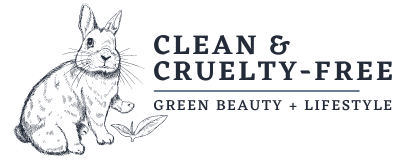
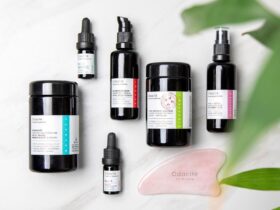

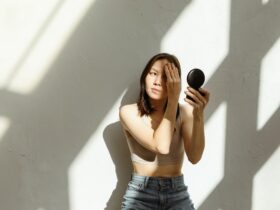
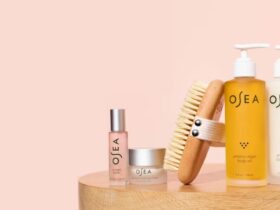
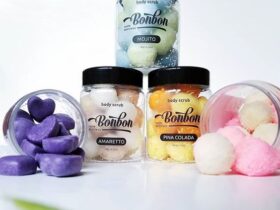
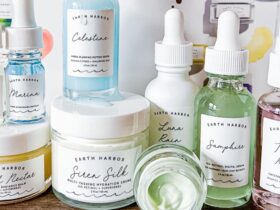
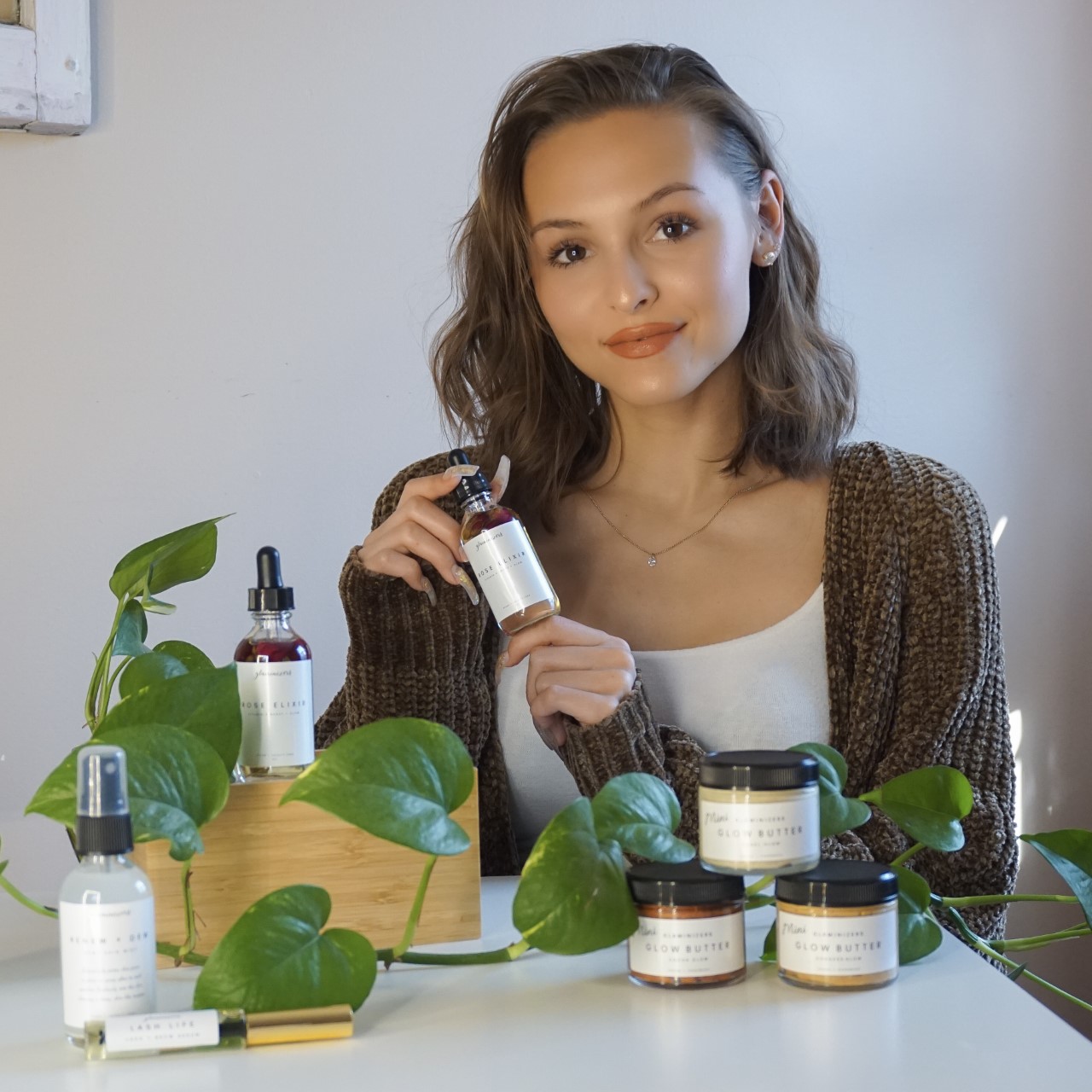
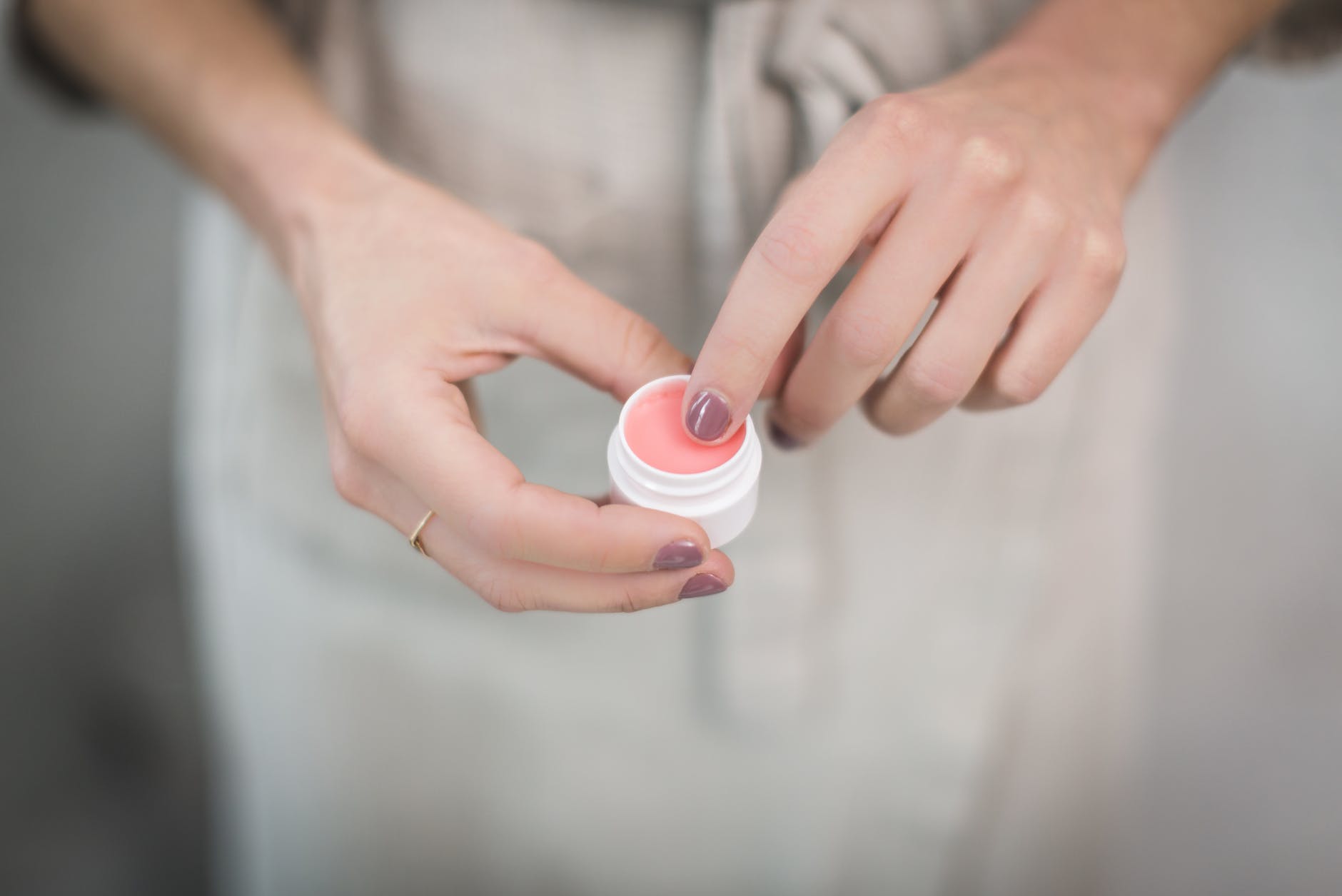

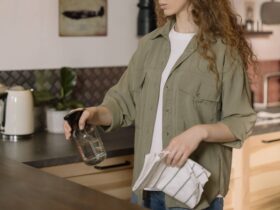
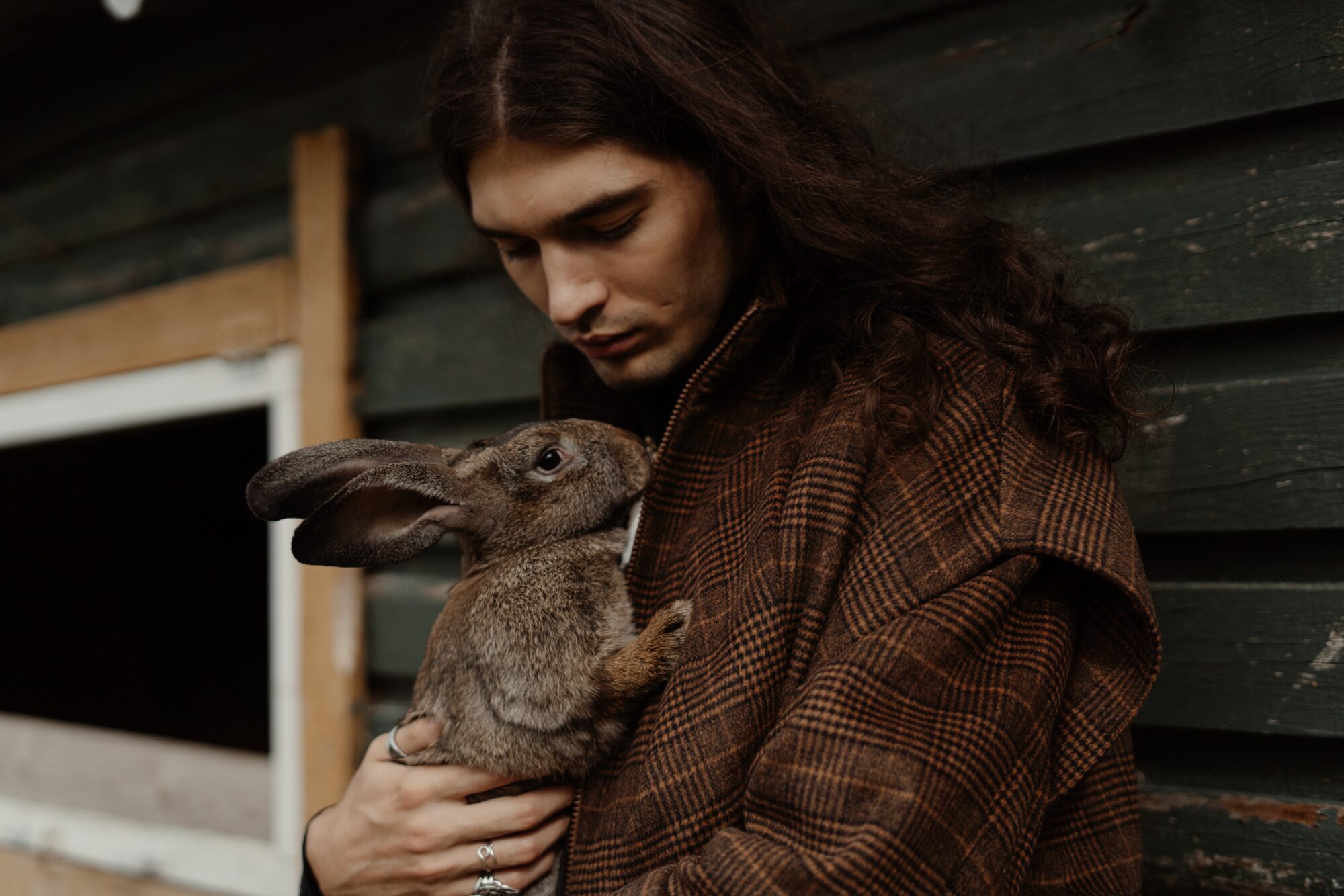
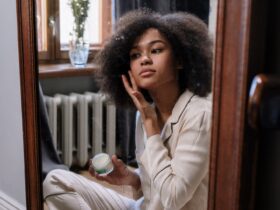
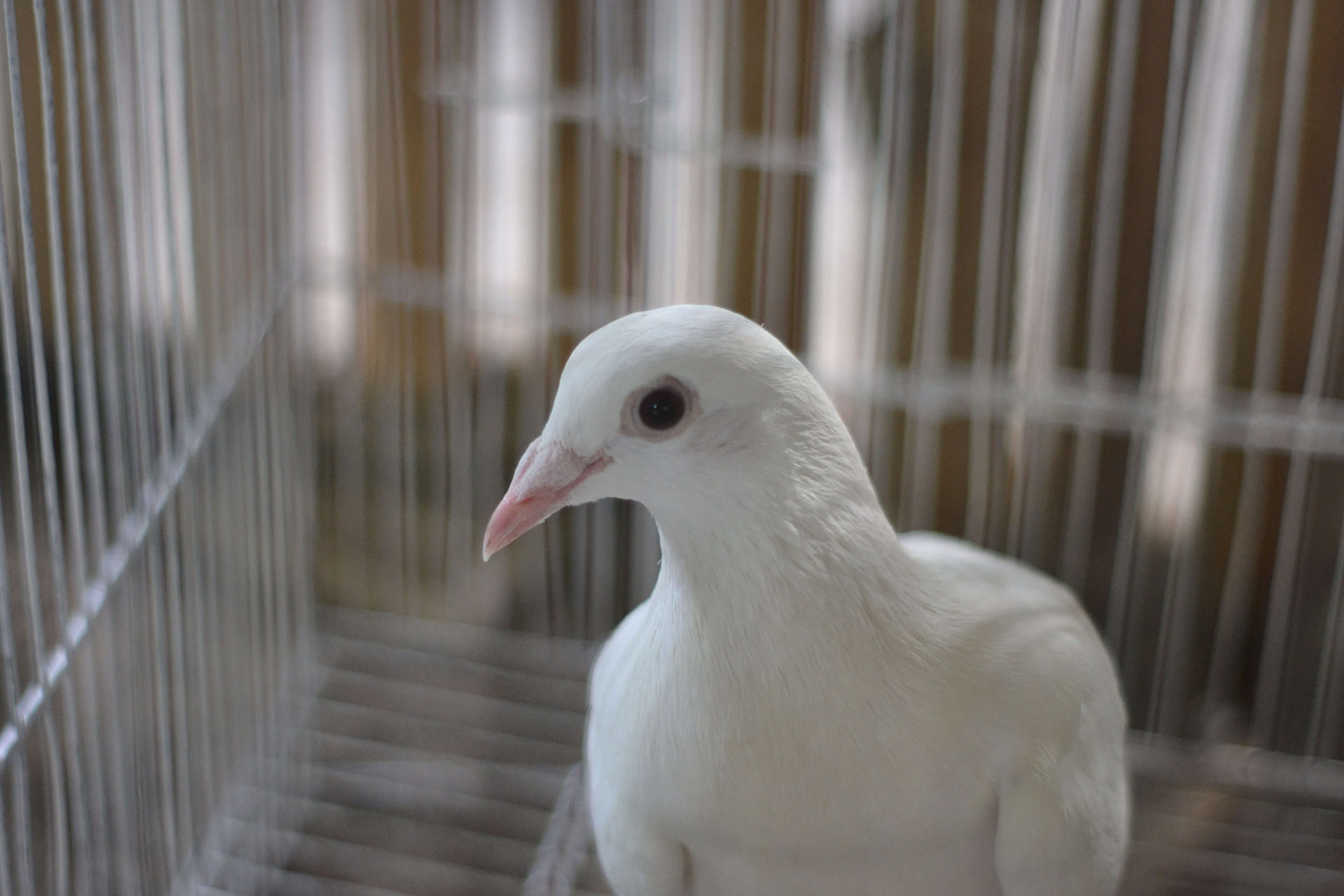

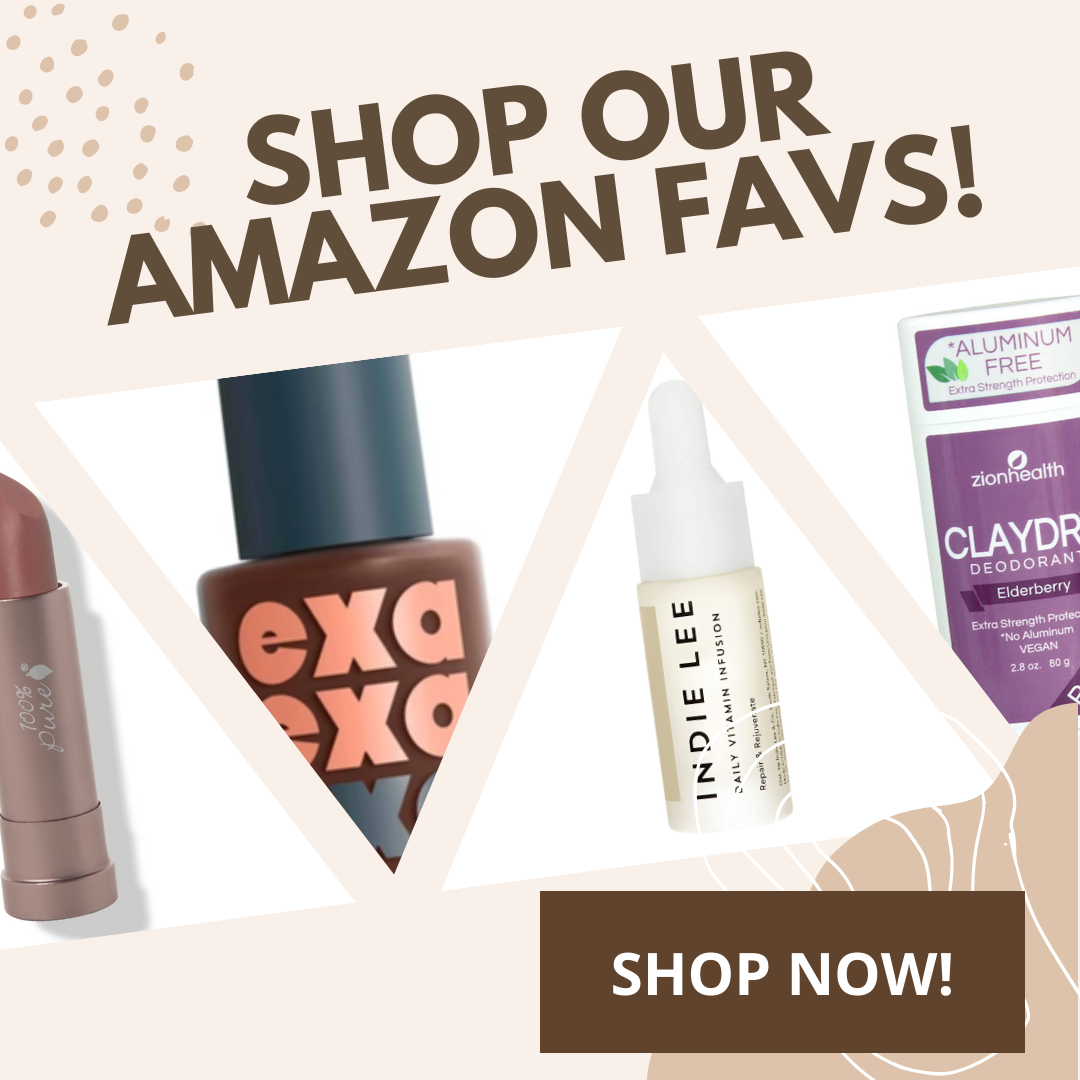


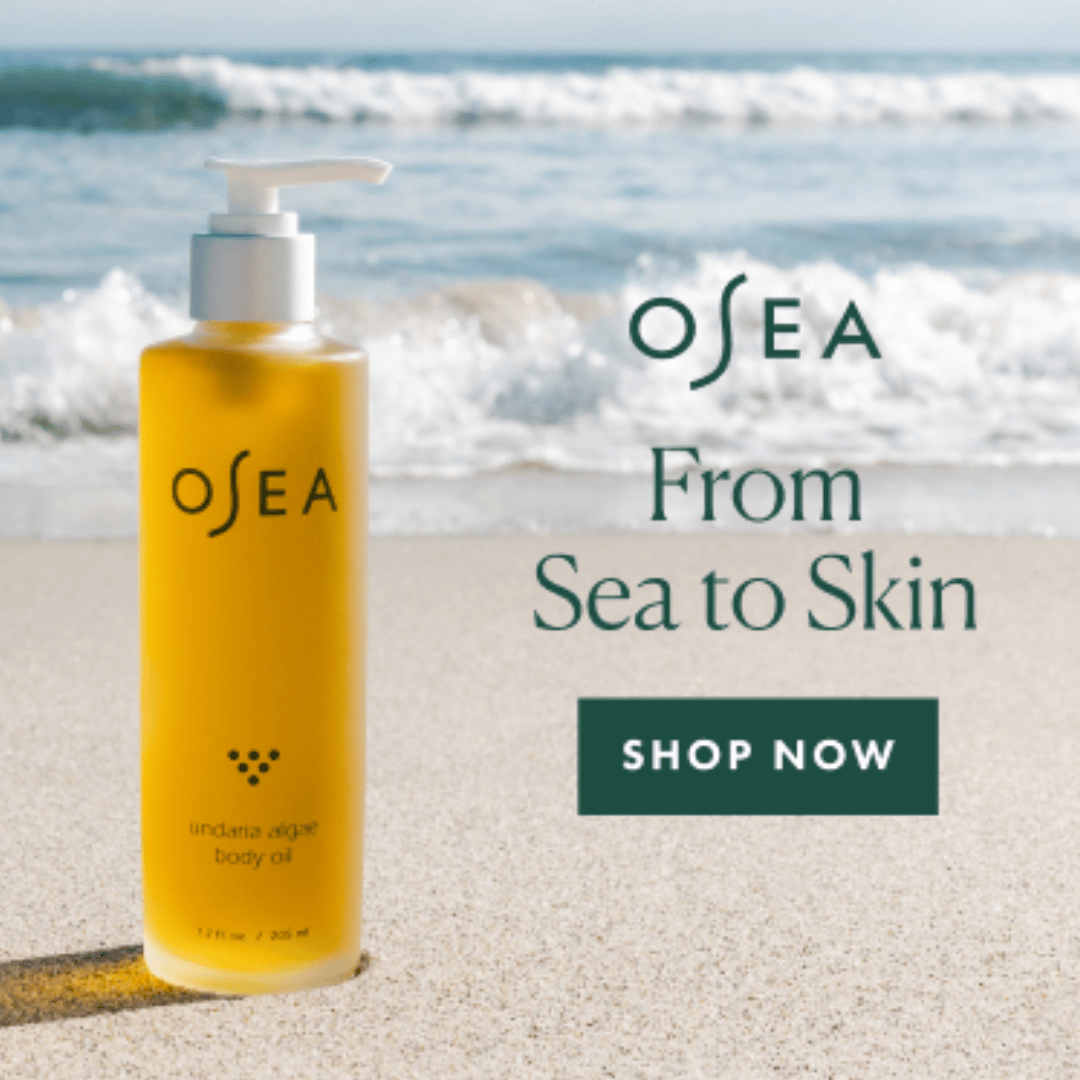


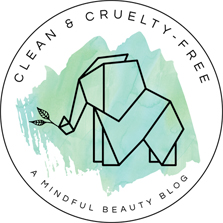

Leave a Reply